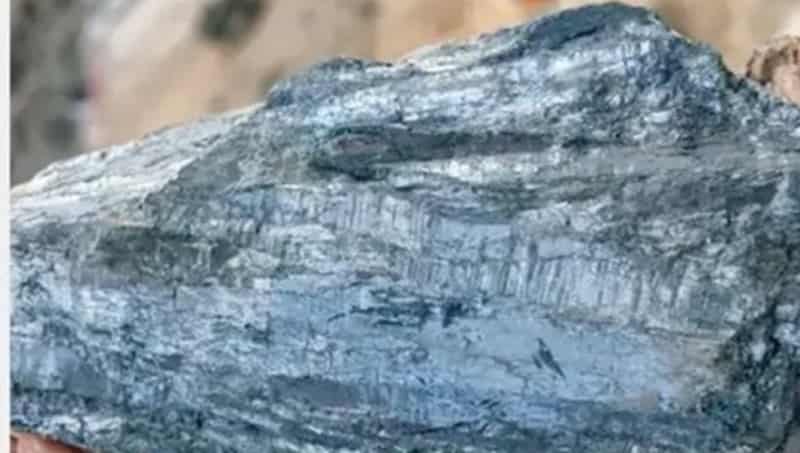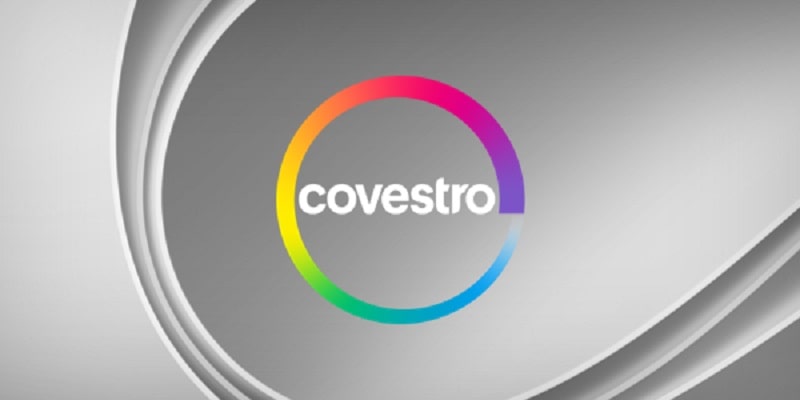PET waste circularity – The surge in US graphite prices stems from increased demand in the battery industry, both domestically and internationally 04-03-2024
PET waste circularity
R-PET Bottles – On Its Journey To Make Clothing That Leaves No Trace, The North Face Taps the BOTTLE Consortium To Scale Biodegradable Polyester Alternative
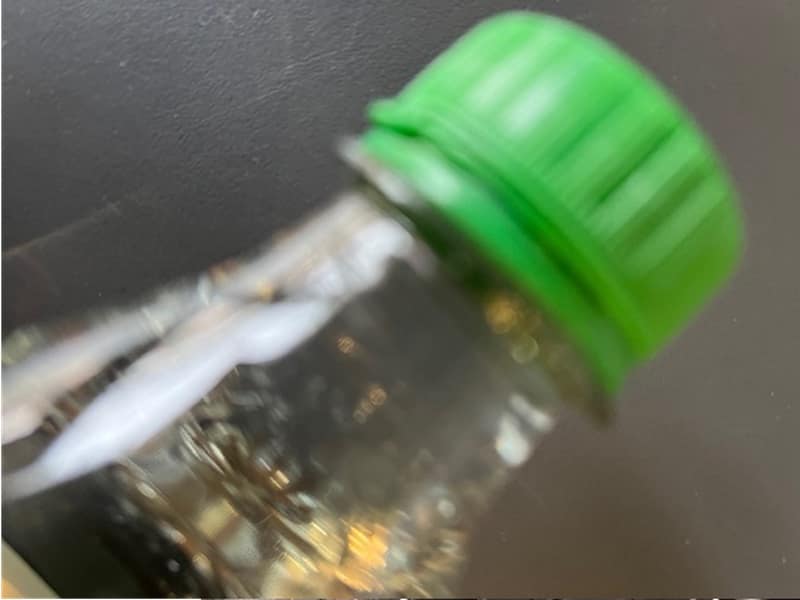
Crude Oil Prices Trend
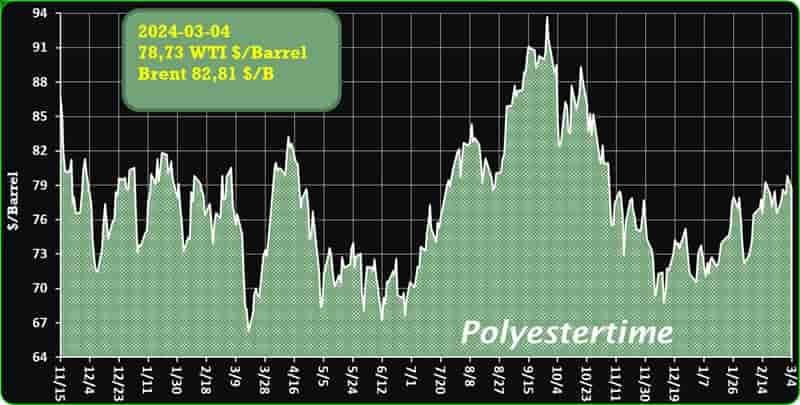
Crude Oil Prices Trend by Polyestertime
Carbios and Landbell Group partner to boost PET waste circularity at pioneering biorecycling facility
Carbios, a frontrunner in advancing biological technologies for plastic and textile lifecycle reinvention, and Landbell Group, a global leader managing over 40 producer responsibility organizations (PROs) and offering closed-loop recycling solutions, have inked a non-binding Memorandum of Understanding (MoU). The agreement focuses on sourcing, preparing, and recycling post-consumer PET waste using Carbios’ biorecycling tech at its inaugural commercial facility in Longlaville, France, set to launch in 2026.
Leveraging Landbell Group’s expertise and network, the partnership will streamline the procurement of PET packaging and textile waste for biorecycling. Carbios’ specialized enzyme minimizes sorting and washing needs, promising energy and water savings compared to existing recycling methods. PET waste circularity
Commencing 2026, Landbell Group commits to supplying 15 kt/year of PET flakes to Carbios, ensuring a steady sustainable PET production flow. These flakes will serve as crucial raw materials for food-grade PTA and MEG production, later repolymerized into PET.
With Landbell Group in Germany and partnerships with Indorama Ventures and Citeo in France, Carbios aims to secure over 70% of its required feedstock for the 50kt/year capacity at full operation. Situated near Belgium, Germany, and Luxembourg borders, the Longlaville plant strategically taps into nearby waste supplies. PET waste circularity
This collaboration aligns with Landbell Group’s mission to divert problematic PET fractions like multilayered trays and polyester textile waste towards recycling, bolstering their commitment to pioneering circular economy solutions.
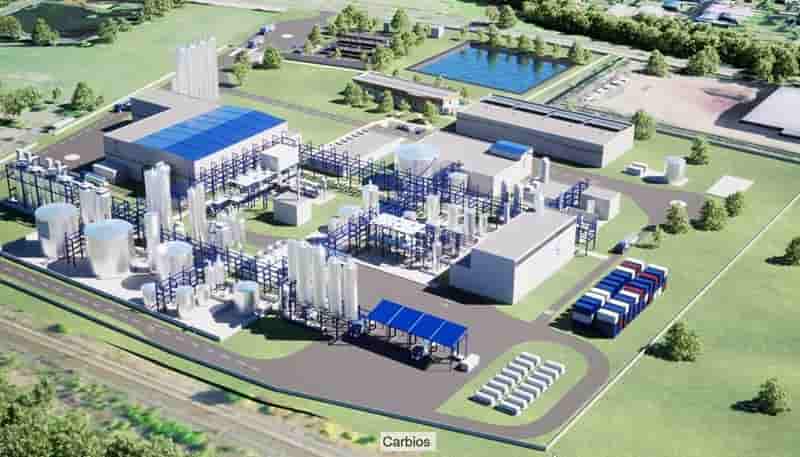
LLDPE Prices Hike in Europe and USA: Supply Shortages and High Demand Drive Surge
During the initial half of February 2024, there was a significant increase in the prices of Linear Low-Density Polyethylene (LLDPE) observed both in Europe and the United States. This escalation predominantly stemmed from supply shortages and heightened market demand. In Europe, constrained supplies exacerbated by delayed cargo arrivals drove the price surge, while in the US, increased demand from sectors such as construction and packaging propelled LLDPE prices upward. Further, the escalating costs of feedstocks Ethylene, along with upstream Naphtha and Crude oil, significantly impacted production expenses for LLDPE in both regions, intensifying the upward pressure on prices. Furthermore, disturbances in crucial pathways such as the Panama Canal and the Red Sea also played a role in increasing market instability during this timeframe, exerting added pressure on pricing trends. PET waste circularity
During this timeframe, the demand for LLDPE in the US market experienced a robust upward trend, resulting in sustained price hikes, notably a 6% increase for Film Butene-based grade FOB Texas (USA). Trading remained brisk, with participants actively engaged in spot market transactions due to limited availability. The upward trajectory of LLDPE prices was propelled by rising costs of Ethylene and Naphtha, exerting additional pressure on product expenses. Moreover, heightened export demand, driven by ongoing logistical hurdles, enabled producers to command higher prices for their products. This surge in export activity facilitated the reduction of excess resin in the domestic market, leading to tighter domestic supplies and subsequent increases in domestic LLDPE costs. These price escalations align with anticipated patterns, as international LLDPE prices surged with rising freight costs. The recent uptick in LLDPE spot prices has supported producers to advocate for another price hike in February, building on a successful increase implemented in January. PET waste circularity
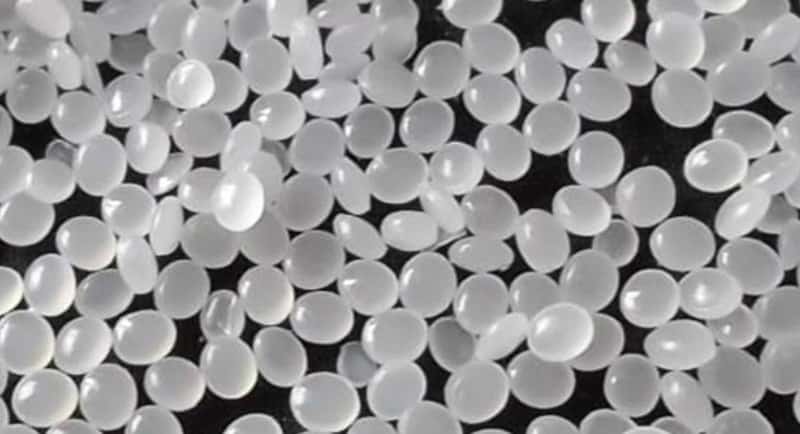
Abu Dhabi National Oil Company (Adnoc) has acquired a 24.9% stake in OMV, a significant move indicating a potential merger with Borealis and Borouge
Mubadala Petroleum and Petrochemicals Holding Company (Mubadala) sold its stake to Adnoc, while Österreichische Beteiligungs (ÖBAG) retains 31.5%, and the rest is publicly traded.
Financial specifics weren’t disclosed, but Adnoc plans to nominate two members to OMV’s Supervisory Board. This acquisition sets the stage for merging Borealis and Borouge, both prominent in the polyolefins sector. PET waste cir cularity
Adnoc and OMV are in discussions to establish a new petrochemical holding company, leveraging their combined holdings in Borouge and Borealis.
Presently, OMV owns 75% of Borealis, while Adnoc owns 25%. Borouge is 54% owned by Adnoc, 36% by Borealis, with the rest publicly traded.
Borealis, a leading European polyolefins producer, reported €12.2 billion in sales and €2.1 billion in net profit in 2022, employing 6,900 globally.
Borouge, headquartered in Abu Dhabi and in its fourth expansion phase, is investing $6.2 billion to become the world’s foremost polyolefin production hub by 2025. Located in Ruwais, UAE, Borouge specializes in polyolefins and intermediates, with investments in a cracker and three polyethylene plants. PET waste circularity
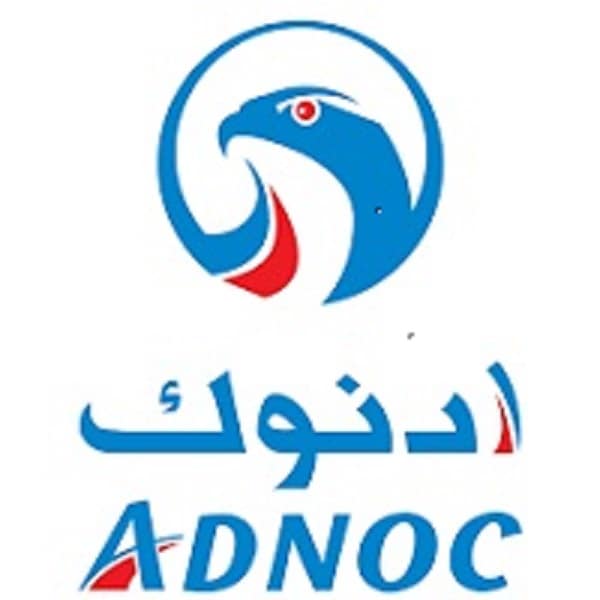
Bosch Unveils Hydrogen Heat Engine: A Shift Away from Traditional Fuels
At the 2024 CES event in Las Vegas, Bosch introduced an innovative hydrogen-powered heat engine, marking a significant departure from conventional fuels.
The unveiling of Bosch’s hydrogen-powered heat engine at CES in Las Vegas surprised many, challenging preconceived notions about future automotive innovations.
Tanja Ruckert, a member of Bosch’s board of directors, emphasized the company’s commitment to exploring sustainable alternatives beyond traditional energy sources, particularly focusing on hydrogen.
Despite potential skepticism, Bosch is investing heavily in hydrogen technology, projecting investments of 2.5 billion euros between 2021 and 2026, with an anticipated revenue of 5 billion euros by 2030. PET waste circularity
The hydrogen heat engine is poised to revolutionize the mobility sector, offering economic and environmental benefits by reducing pollution and increasing efficiency.
Bosch’s innovative internal combustion engine (ICE) utilizes hydrogen as a cleaner alternative to traditional fuels like diesel and petrol. The engine operates similarly to fossil fuel combustion but with hydrogen stored in a pressure tank and injected directly into the combustion chamber, leading to spontaneous ignition upon contact with air.
Key components developed by Bosch, including an optimized engine control system (ECU) and a lubrication-free hydrogen injector, enable the efficient operation of the hydrogen-powered heat engine.
Bosch’s commitment to zero emissions technology aligns with the company’s belief in hydrogen as a catalyst for accelerating the transition to eco-friendly transportation.
Electrification efforts, particularly in industrial vehicles, stand to benefit from hydrogen technology, offering a pathway to achieving emissions reduction targets in challenging sectors. PET waste circularity
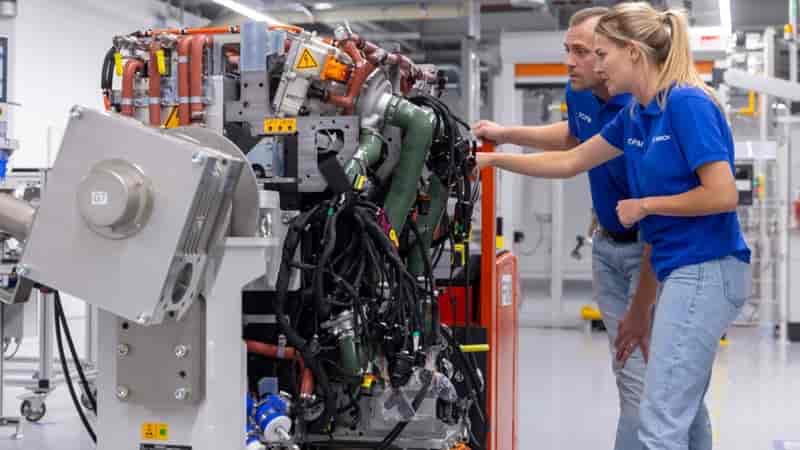
The surge in US graphite prices stems from increased demand in the battery industry, both domestically and internationally
Major market players like Panasonic Energy and Syrah Resources have expanded graphite mining, aided by supportive government policies and financial backing. China’s dominance in global graphite production has led to supply constraints, affecting the US spot market and driving prices upward.
To counter supply shortages, the US government has initiated deals to boost graphite mining domestically and abroad. Westwater Resources, a US-based exploration company, has ramped up production at its processing plant in response to rising demand for battery anode materials. Regulatory measures, such as those related to electric vehicle (EV) batteries, further contribute to demand. PET waste circularity
Nouveau Monde Graphite has secured significant investment and off-take agreements, reflecting growing interest in graphite for battery production. The shift towards renewable energy sources also bolsters the graphite market outlook.
ChemAnalyst predicts continued price increases in the graphite market, driven by ongoing demand from the battery industry. Demand for anode materials and electric vehicles is expected to remain strong, prompting suppliers to maintain high prices in the US spot market.
